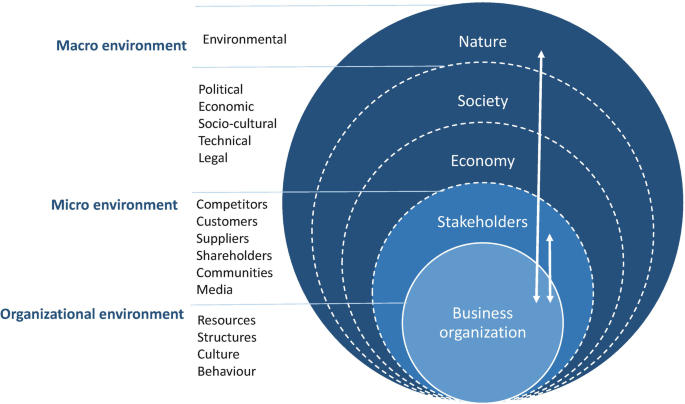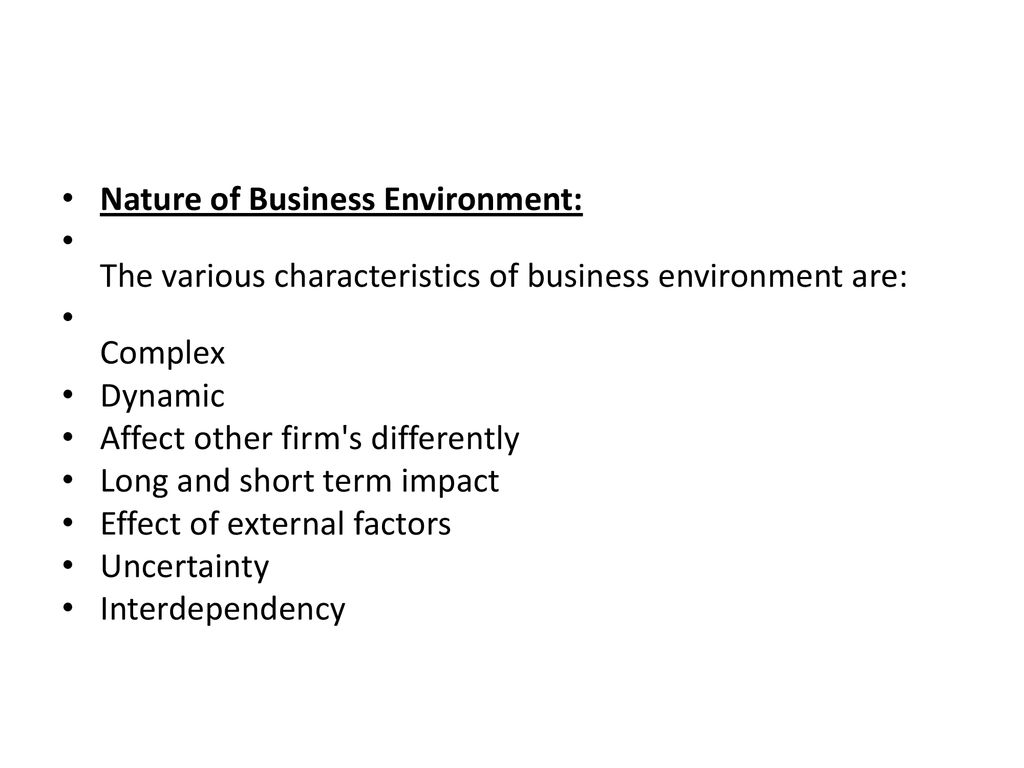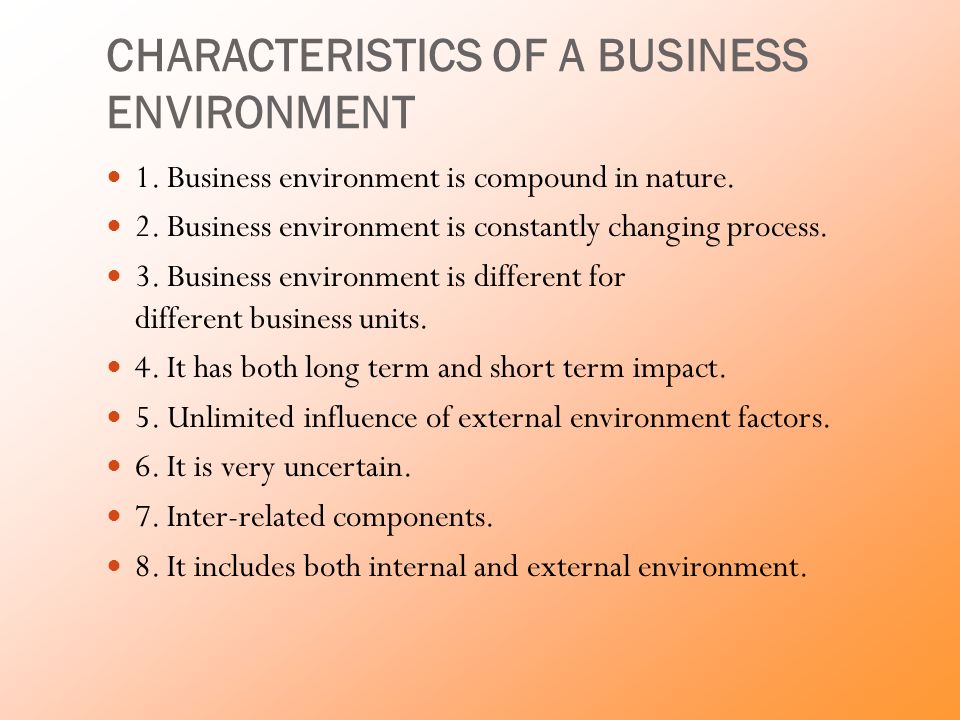The business environment is the set of external factors that influence a company's operations and decision-making. It can include a wide range of elements, such as economic conditions, competition, government regulations, technological advances, cultural values, and global events. Understanding and navigating the business environment is critical for businesses of all sizes, as it can have a significant impact on their success or failure.
One of the key elements of the business environment is the economy. Economic conditions, such as the level of employment, interest rates, and consumer spending, can have a major impact on a company's ability to generate revenue and profits. For example, during times of economic downturn, consumers may be less likely to spend money on non-essential goods and services, which can negatively affect businesses that rely on consumer spending. On the other hand, during times of economic growth, businesses may be more likely to experience increased demand for their products and services.
Another important aspect of the business environment is competition. Companies must compete with other businesses in order to win customers and market share. This competition can take many forms, including price competition, product differentiation, and marketing efforts. In order to succeed in a competitive market, businesses must be able to offer products or services that are attractive to customers and provide value for money.
Government regulations and policies can also have a significant impact on the business environment. These regulations can range from tax laws and labor laws to environmental regulations and trade policies. Businesses must be aware of and comply with these regulations in order to avoid fines and other penalties. At the same time, these regulations can also create barriers to entry and protect established businesses from competition.
Technological advances can also play a major role in the business environment. These advances can create new opportunities for businesses, but they can also disrupt existing industries and create new competitors. For example, the rise of the internet and e-commerce has transformed the retail industry, allowing businesses to reach a global market and offering consumers more convenient ways to shop. However, it has also created new competition for traditional brick-and-mortar stores.
Finally, cultural values and global events can also shape the business environment. Different countries and regions may have different cultural values and expectations for businesses, which can impact how a company operates and is perceived by consumers. Global events, such as natural disasters, political instability, and pandemics, can also have a significant impact on the business environment.
In conclusion, the business environment is a complex and constantly evolving landscape that businesses must navigate in order to succeed. It is made up of a wide range of external factors, including economic conditions, competition, government regulations, technological advances, cultural values, and global events. Understanding and adapting to these elements is critical for businesses of all sizes.







